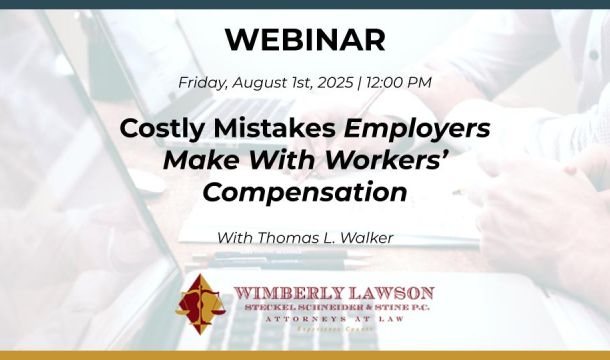When the Big Boss is Accused of Sexual Harassment
One of the big stories in the news this week concerns accusations of sexual harassment (and worse) against the head of a Hollywood production company. Various sources claim that the allegations against this man have been an open secret for years. There is even a memo written by a company employee to company executives about the sexual harassment and the "toxic environment" it created. From what we can tell, the company did nothing until the allegations were made public in the media.
What should a company do if it receives a complaint of sexual harassment against a high-level executive? As in the case of any other complaint of sexual harassment in the workplace, it should not ignore it. Instead, it needs to conduct an investigation to determine if the complaint has any merit.
When the complaint concerns a high-level executive or the head of the company, it is best to retain a neutral person outside the company to conduct the investigation, preferably someone who is trained in doing this kind of investigation. An investigation by a company employee may be influenced by the concern about the impact of the investigation on his or her career at the company. The investigator should be able to conduct the investigation without pressure or limitations imposed by the accused executive or any other management employees on the investigator or potential witnesses. There should be a full and complete investigation of all of the facts. Based on that investigation, the company's Board of Directors can make an informed decision whether discipline or other action against the executive is necessary. Ideally, the decision about whether to take action against the accused, and if so, what action to take, should be made with the assistance of counsel.
However the investigation comes out, the company also has a duty to protect the complainant and any participants in the investigation from retaliation by the accused executive and/or people acting directly on his/her behalf (we call this the "cat's paw" theory of liability). One way to ensure this is to add an extra layer of review of any employment decisions made by the accused executive that affects the complainant and any participants in the investigation.
Alternatively, the company can do as the Hollywood production company appeared to do: pay off complainants and sweep the matter under the rug. We see how that turned out.
Pro tip: When conducting harassment prevention training, make sure that the company's management and high-level executives participate in the training just like all other company supervisors and managers. Their presence at the training sessions demonstrates the company's commitment to a workplace free of harassment.

Kathleen J. Jennings is a former principal in the Atlanta office of Wimberly, Lawson, Steckel, Schneider, & Stine, P.C. She defends employers in employment matters, such as sexual harassment, discrimination, Wage and Hour, OSHA, restrictive covenants, and other employment litigation and provides training and counseling to employers in employment matters.
Related Content
Get Email Updates
Recent Content

How to Audit Employment Discrimination Laws Compliance

TPS Update (As of 6/17/2025)

TPS Designation for Honduras and Nicaragua Automatically Extended, But the Date is Uncertain

President Trump Discourages Criminal Enforcement of Agency Rules

Supreme Court Suggests Trump Can Fire Agency Heads without Cause
